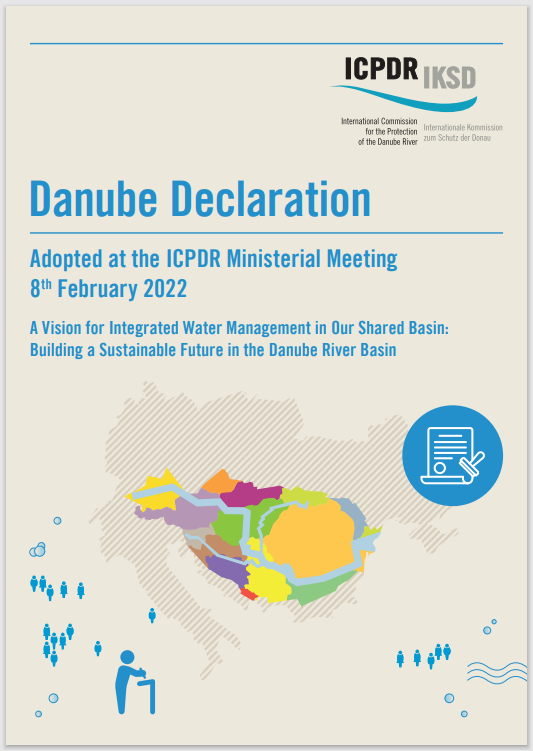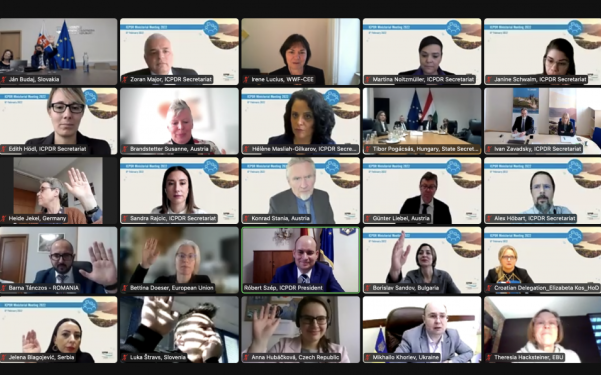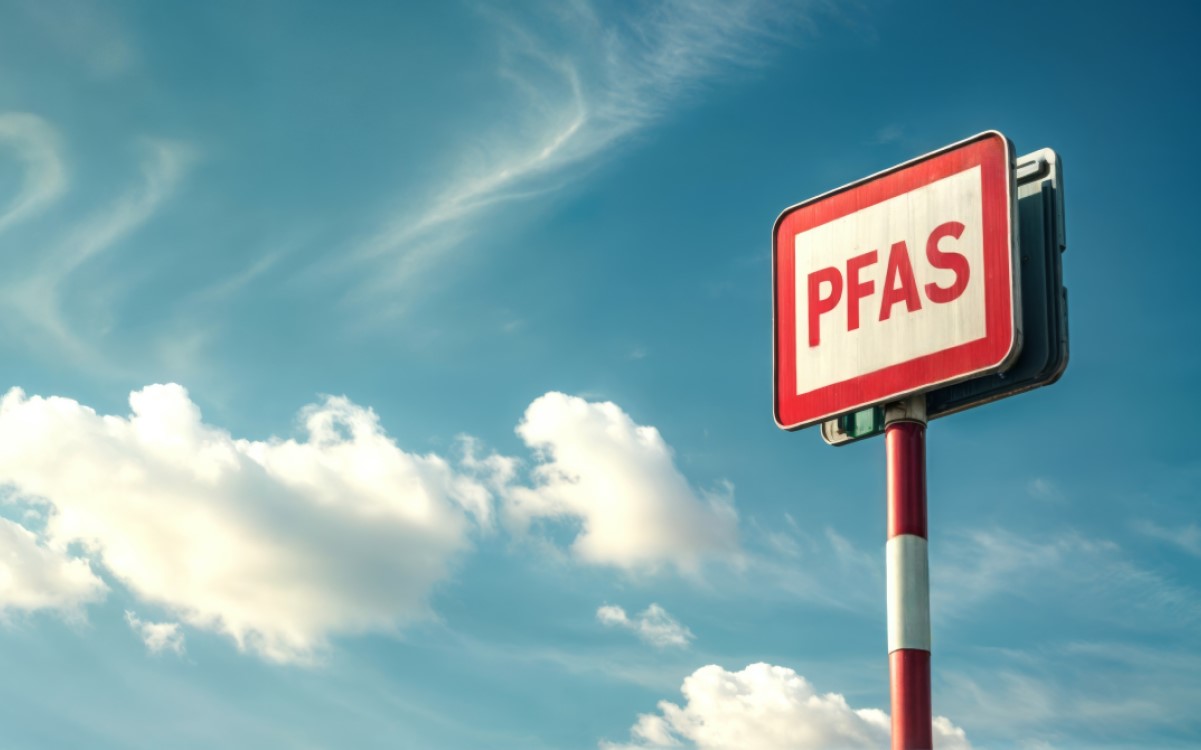Two updated Management Plans for the Danube River Basin have been endorsed in the ICPDR’s first online Danube Ministerial Meeting at 8th Feburary. ICPDR stands for International Commission for the Protection of the Danube River.
Cleaner, healthier and safer waters for everyone
The Management Plans set out measures for the coming six years to ensure cleaner, healthier and safer waters for everyone to enjoy – an objective as relevant and urgent today as in 2016, when the Ministers of the Danube Countries last adopted these two Management Plans: the Danube River Basin Management Plan (DRBMP) and Danube Flood Risk Management Plan (DFRMP) Updates 2021. Both plans have been prepared as stipulated in the EU Water Framework Directive and EU Floods Directive.
“It can be easy to take water as a resource for granted,” said Mr. Róbert-Eugen Szép, President of the International Commission for the Protection of the Danube River (ICPDR). “Especially in the context of climate change however, it’s becoming clearer than ever just how important it is for us to protect the waters of our shared river basin. This isn’t only important for us though – it’s important for future generations too.”
Ministers and Minister Representatives responsible for water management from the Danube River Basin countries

Danube Declaration: Adopted at the ICPDR Ministerial Meeting 8th February 2022
- Austria,
- Bosnia and Herzegovina,
- Bulgaria,
- Croatia,
- the Czech Republic,
- Germany,
- Hungary,
- Montenegro,
- Moldova,
- Romania,
- Serbia,
- Slovakia,
- Slovenia and
- Ukraine and
- the European Union
endorsed the Management Plans and adopted a ministerial “Danube Declaration” at the meeting. The meeting included a panel discussion with experts from ICPDR Observer organisations on lessons learned from their own relationship and cooperation with the ICPDR.
Importance of joint water resources management
The DRBMP Update 2021 offers rich and comprehensive information about water management issues for the most international river basin in the world. The 2021 Update identifies the priorities for joint water resources management throughout the Danube River Basin for the coming six years towards the achievement of “good status” of waters of the Danube River Basin by2027. Prepared concurrently with the DRBMP, the DFRMP Update 2021 outlines flood risk management measures to be taken in the Danube River Basin.
The updated DRBMP includes concrete measures relating to the five Significant Water Management Issues (“SWMIs”) identified by the ICPDR. The measures described in this plan are to be taken within the next management cycle of the ICPDR until 2027, including restoration of habitats and ecological corridors for migratory fish species – in particular sturgeons. Additionally, the importance of implementing adequate wastewater treatment technologies at municipalities, best available techniques at industrial facilities, best management practices in agriculture and appropriate safety measures at hazardous installations are highlighted, with a view to further tackling the issue of nutrient loads transported into the Black Sea via the Danube. The updated DFRMP presents the strategic basin-wide level measures to prevent and reduce damage caused by floods to human health, the environment, cultural heritage and economic activity. Special attention in the DFRMP Update 2021 is given to measures employing areas which have the potential to retain flood water, such as natural floodplains as well as the other areas enabling controlled flooding. Measures favoured are those sufficiently robust to the uncertainty in forecasting climate change impacts.
Building on previous plans’ success
Both Management Plans are also building on success from respective previous plans from 2015. In the last six years for example, an impressive reduction of 30 percent in organic pollution from urban wastewater treatment plants has been measured, along with a drop in both total nitrogen and phosphorus emissions of circa 20 percent. Furthermore, the implementation of 46 migration aids can be confirmed, plus more than 10,000 hectares of flood plains and wetlands were partially or fully reconnected.
Danube Declaration“These two Management Plans will benefit the environment as well as the 79 million people who call the Danube River Basin their home,” said Mr. Barna Tánczos, Minister of Environment, Waters and Forests of Romania. “It’s impressive to see how the ICPDR has ensured public participation in water management matters from people throughout the Danube River Basin. It’s a testament that those relying on Danube waters have the opportunity and are signing up more and more to be part of the solution.”







